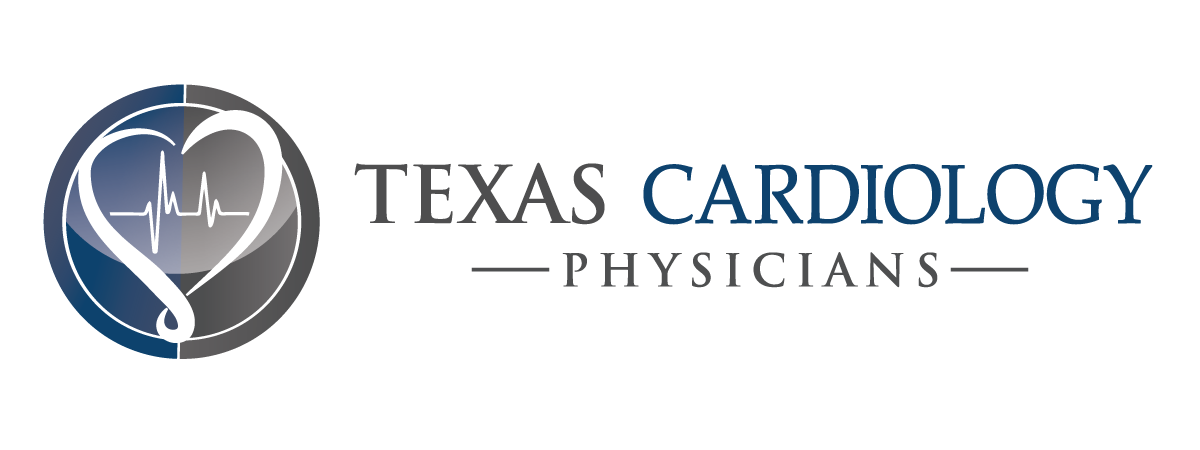
The Power of ECG: How Electrocardiograms Help Diagnose Heart Conditions
Your heart, a remarkable organ, beats tirelessly to keep you alive, but like any machine, it can encounter issues. When it comes to diagnosing heart conditions, one tool stands out for its effectiveness and simplicity: the Electrocardiogram (ECG or EKG). Let’s explore the incredible power of ECG and how it helps healthcare professionals diagnose various heart conditions.
What is an ECG?
An Electrocardiogram (ECG) is a painless and non-invasive medical test that records the electrical activity of your heart over a brief period. The test involves attaching small electrodes to your chest, arms, and legs. These electrodes are connected to an ECG machine, which produces a visual representation of your heart’s electrical impulses on a graph or monitor.
How Does an ECG Work?
The heart’s electrical system coordinates each heartbeat, ensuring that it contracts rhythmically to pump blood throughout the body. An ECG measures this electrical activity by recording it as waves on the ECG graph. These waves correspond to different phases of the heartbeat:
P-Wave: Represents the electrical impulse that initiates the heartbeat in the atria (the upper chambers of the heart).
QRS Complex: Reflects the electrical impulse as it travels through the ventricles (the lower chambers of the heart) and causes them to contract.
T-Wave: Indicates the recovery phase of the ventricles as they prepare for the next heartbeat.
The Diagnostic Power of ECG
Detecting Abnormal Rhythms: ECGs are exceptionally effective at identifying irregular heart rhythms or arrhythmias. Whether it’s a slow heartbeat (bradycardia) or a rapid one (tachycardia), an ECG can pinpoint the issue and help guide treatment.
Diagnosing Heart Attacks: ECGs are crucial in diagnosing heart attacks. They can detect specific patterns, such as ST-segment elevations or depressions, indicative of myocardial infarction (heart muscle damage).
Assessing Enlargements: An ECG can detect whether the heart’s chambers are enlarged, a sign of various heart conditions, including hypertrophy or heart failure.
Monitoring Overall Heart Health: Routine ECGs can help monitor your heart’s health over time, allowing healthcare providers to identify changes or trends that may require intervention.
The Electrocardiogram is a powerful diagnostic tool that has transformed the way we understand and diagnose heart conditions. It’s non-invasive, painless, and provides valuable insights into your heart’s electrical activity. Whether you’re experiencing symptoms or just seeking a routine check-up, an ECG can be a key component of your heart health evaluation. By harnessing the power of ECG, healthcare professionals can diagnose heart conditions early, paving the way for timely treatment and a healthier heart.



